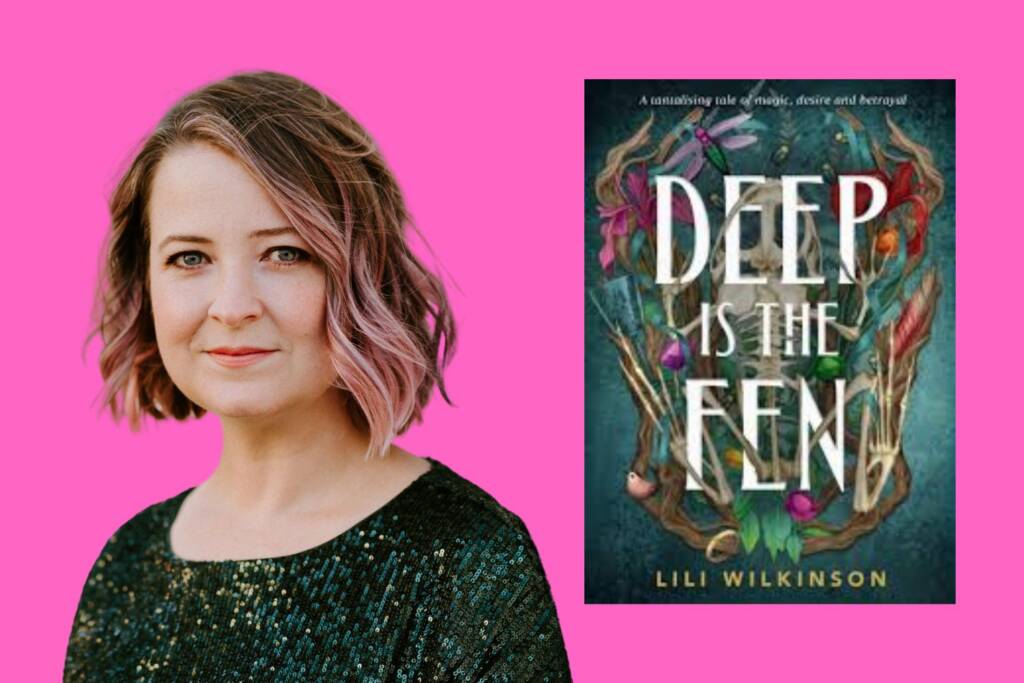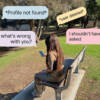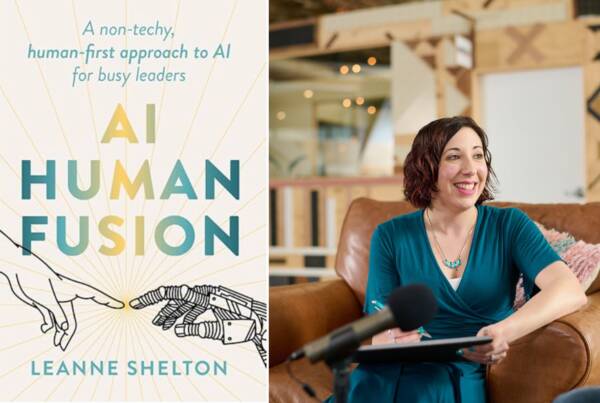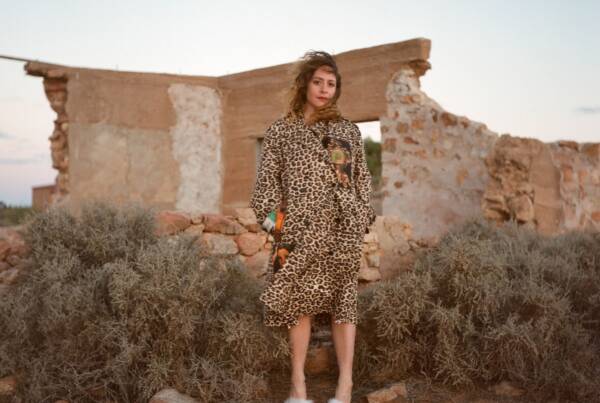Writing by Lili Wilkinson
 My grandparents were prominent Scientologists. Searching for escapism after serving in World War II and losing their brother in a Japanese prisoner-of-war camp, my grandfather Jim and his brother Wal discovered pulp sci-fi author L Ron Hubbard. They followed him all the way into religion, establishing the first Scientology organisation in South Australia. While researching an earlier novel, The Boundless Sublime, I found a letter from Hubbard commending my grandfather and great-uncle for their work spreading Scientology in ‘Aussie’. Although my own parents aren’t religious, I nonetheless grew up around some rather unusual beliefs and practices, and have always been fascinated by belief, and the ways in which it can be used to control people.
My grandparents were prominent Scientologists. Searching for escapism after serving in World War II and losing their brother in a Japanese prisoner-of-war camp, my grandfather Jim and his brother Wal discovered pulp sci-fi author L Ron Hubbard. They followed him all the way into religion, establishing the first Scientology organisation in South Australia. While researching an earlier novel, The Boundless Sublime, I found a letter from Hubbard commending my grandfather and great-uncle for their work spreading Scientology in ‘Aussie’. Although my own parents aren’t religious, I nonetheless grew up around some rather unusual beliefs and practices, and have always been fascinated by belief, and the ways in which it can be used to control people.
My latest book, Deep is the Fen, is set in the fantasy world of Anglyon, a kind of cottagecore utopia that hides a sinister underbelly. Magic is heavily regulated in Anglyon, a capitalistic society with huge corporations controlling almost all the magic practice and practitioners. Our hero, Merry, loses her best friend to the Toadmen, a men’s-only cult practising dark, illegal magics. She must team up with her arch nemesis, the snobby and frustratingly handsome Caraway Boswell, in order to infiltrate the Toadmen and save her friend.
I discovered the Toadmen while researching the folklore of the British Isles. They were a horseman’s fraternity in Scotland in the nineteenth century, and spread to Lincolnshire and the fens of East Anglia in the early twentieth century. They practised strange rituals, such as burying a toad in an anthill, then digging up the bones under a full moon. They believed that one particular bone – the ilium – had magical powers, and could be used to control both horses and women. This is exactly the kind of sinister misogyny that gets my writing brain twitching, so I immediately set out to write my own version of the Toadmen – with more magic and significantly more creepiness.
Last year at the Sydney Writers Festival, a brave high school girl stood up in front of an enormous crowd in the Town Hall, and asked if I was worried that people might not like my books because of their feminist themes. I replied that there were lots of reasons why I worry people might not like my books, but my feminism isn’t one of them. If a reader dislikes feminist themes, then I’m afraid my books are simply not for them. I love writing about bold girls who make mistakes and learn from them. My previous book A Hunger of Thorns (also set in the magical world of Anglyon) was about the wildness of girlhood, and the rage that builds up in a girl who is always told to be good and quiet and nice.
In Anglyon, magic is stronger in those with female energy, although female energy doesn’t just exist in women. Merry has been taught to fear the wildness and unpredictability of witches, and to find comfort in the everyday consumer magic of capitalism – enchanted stockings that don’t ladder, glamour patches, and tea bags that never oversteep. Those who break the rules – the resistance witches – are sent to ‘rehabilitation centres’ like Ruddock Farm, where they have their magical life force drained out of them, turning them into passive husks.
To craft my own version of the Toadmen, I turned to other peculiar fraternities, in particular the Freemasons whose practices are so secretive and ritualistic, it’s often hard to remember that they are real. The thing is, if you don’t know the secrets, these organisations seem a little fusty and boring. For me as a kid, Scientology was something old people (like my grandparents) did. I was subjected to the occasional lecture about it, and I found it all deeply uninteresting. I didn’t know any of the cool stuff about Xenu and aliens – the closely guarded secrets which now, thanks to the internet, are not so secret.
For Merry, growing up, the Toadmen are boring too. Old men eating biscuits and playing backgammon. Occasionally dressing up in silly costumes and doing peculiar rituals. It isn’t until she’s older that she starts to worry that there is something else going on: a dangerous, rotten secret that is eating away at the very heart of Anglyon.
At extended family gatherings, we don’t talk about belief. As well as the Scientologists, we also have fundamentalist Christians and followers of the Divine Light Mission. It’s easier to talk about work, about kids, even about politics – although even this can get heated when it comes to topics like climate change and vaccines. Sometimes I wish I could be as bold and outspoken as Merry, but I guess part of growing up is knowing when to fight, and when to keep the peace.
Lili Wilkinson’s new book Deep is the Fen is out now with Allen & Unwin.






